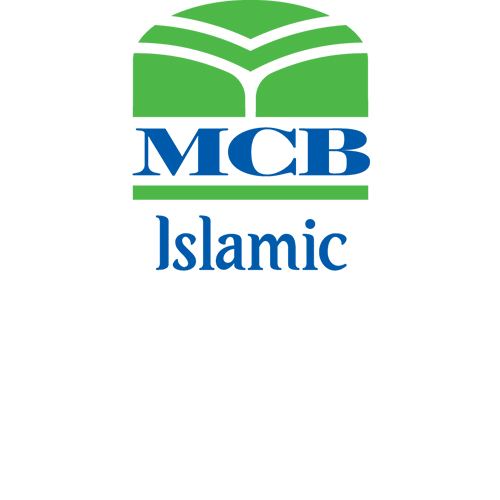Islamic Banking is a banking system rooted in the principles of Islamic or Shariah law, guided by Islamic economics. Also known as Shariah-compliant banking, it is founded on two core principles: the sharing of profit and loss, and the prohibition of interest (Riba). Islamic banking strictly avoids elements such as gharar (uncertainty), qimar (gambling), and investment in unethical businesses.
Islamic banking is experiencing significant growth worldwide, with Pakistan emerging as a dynamic hub for this sector. With a network of 22 Islamic banking institutions, over 2,000 branches, and a comprehensive portfolio of products and services—including Consumer Financing, Investment Accounts, Deposit Accounts, Business Products, Internet Banking, and more—Islamic banking in Pakistan is designed to meet the diverse needs of consumers in a fully Shariah-compliant manner.
Islamic banking is defined as a system that aligns with the spirit, ethos, and values of Islam, governed by the principles of Shariah. While "interest-free banking" is a narrow concept focusing on avoiding interest-based transactions, Islamic banking encompasses much more. It seeks to avoid not only interest but also unethical and unsocial practices. In practical terms, Islamic banking transforms conventional money-lending into transactions based on tangible assets and real services. This model contributes to a financial system that promotes economic prosperity while adhering to Islamic values.
According to Shariah law, Islamic banking prohibits transactions involving Riba (interest) and also forbids those with elements of gharar (excessive uncertainty) or maisir (gambling), as these are considered haram (forbidden). Islamic banks focus on generating returns through Shariah-compliant investment tools, linking capital gains with performance, and operating within the framework of Shariah. The foundation of Islamic banking lies in sharing risks arising from trading and investment activities, utilizing various Islamic modes of finance.
The Commission for the Transformation of the Financial System, established by the State Bank of Pakistan (SBP) following the Supreme Court's 1999 judgment on Riba, approved the essentials of Islamic modes of financing, including Musharaka, Mudaraba, Murabaha, Musawama, Ijarah (Leasing), Salam, and Istisna. These essentials have been reviewed and approved by the SBP's Shariah Board and are provided as guidelines for banks conducting Islamic banking in Pakistan. For details, see: Essentials of Islamic Modes of Financing.
The regulatory framework for Islamic banking in Pakistan is governed by specific regulations issued by the Islamic Banking Department of the State Bank of Pakistan. These regulations are in addition to the general banking regulations applicable to all financial institutions.
Banks On Board At Islamic Banking Industry Of Pakistan


















